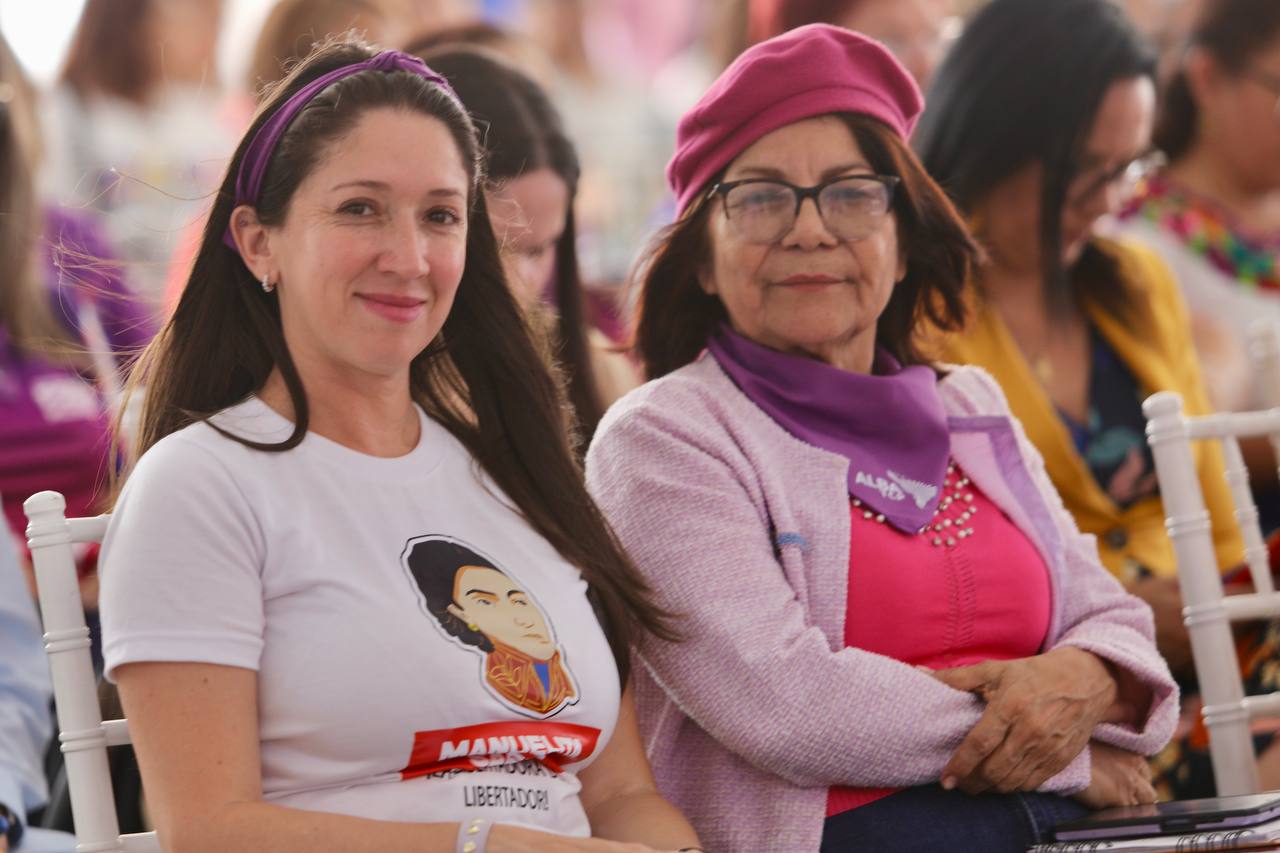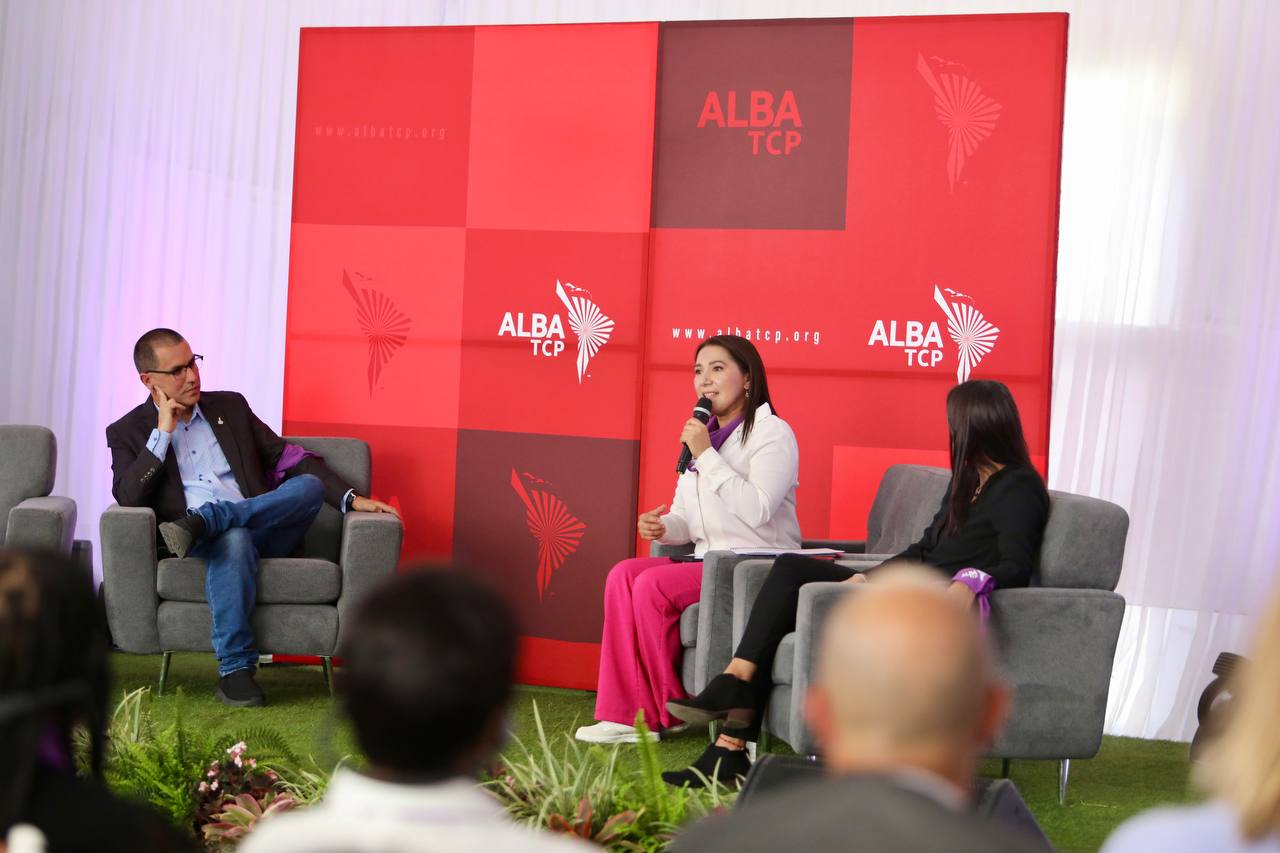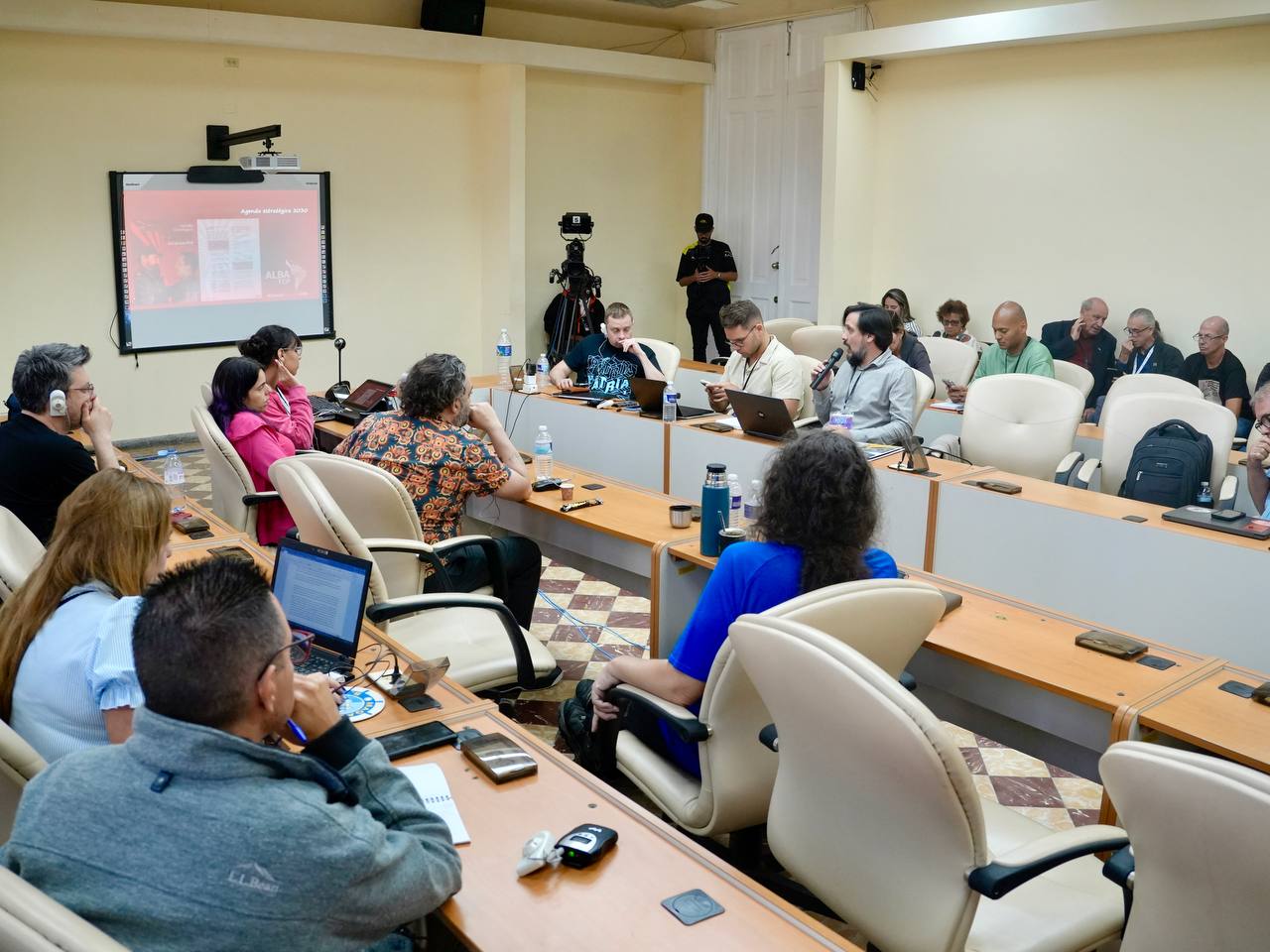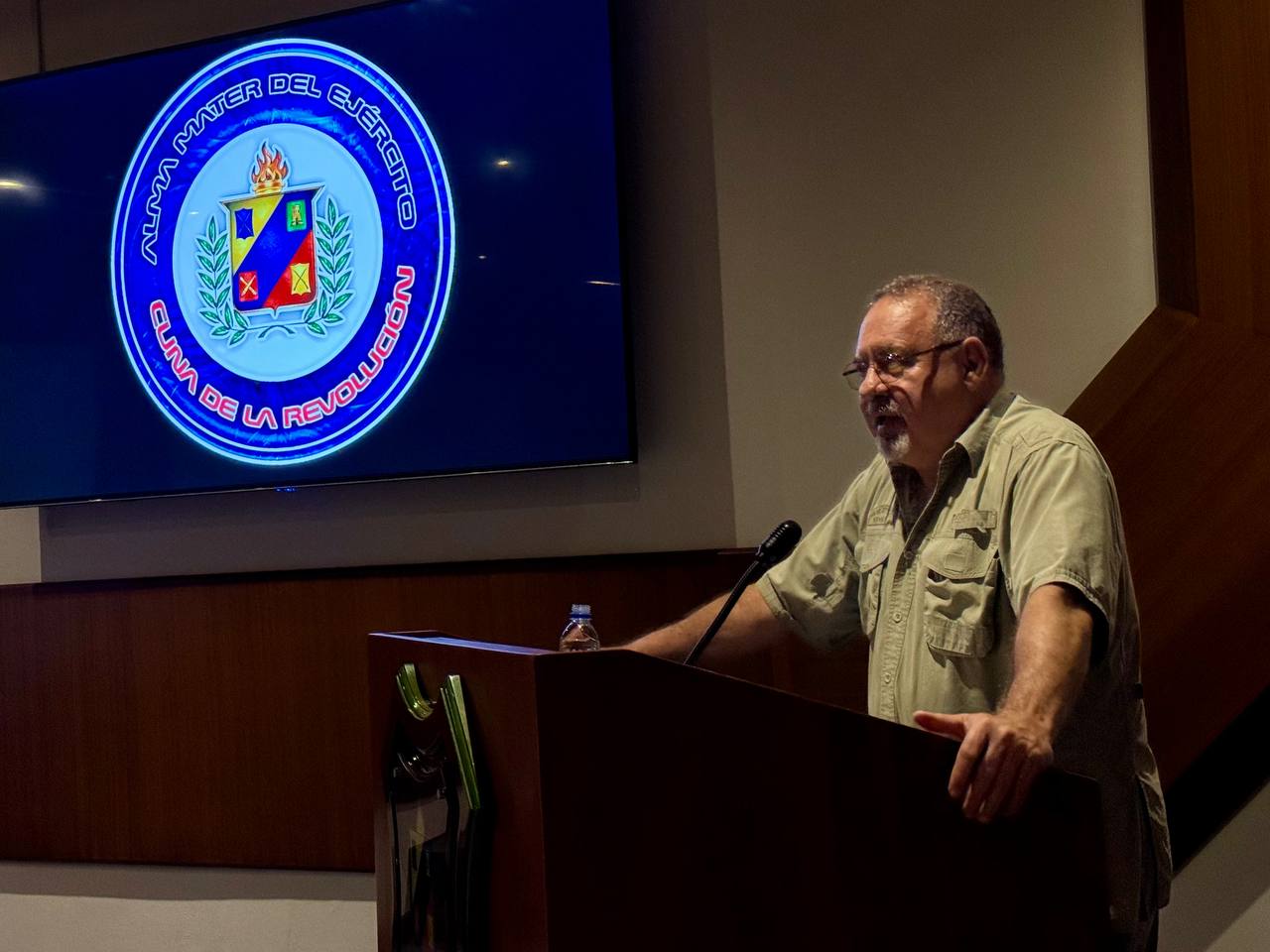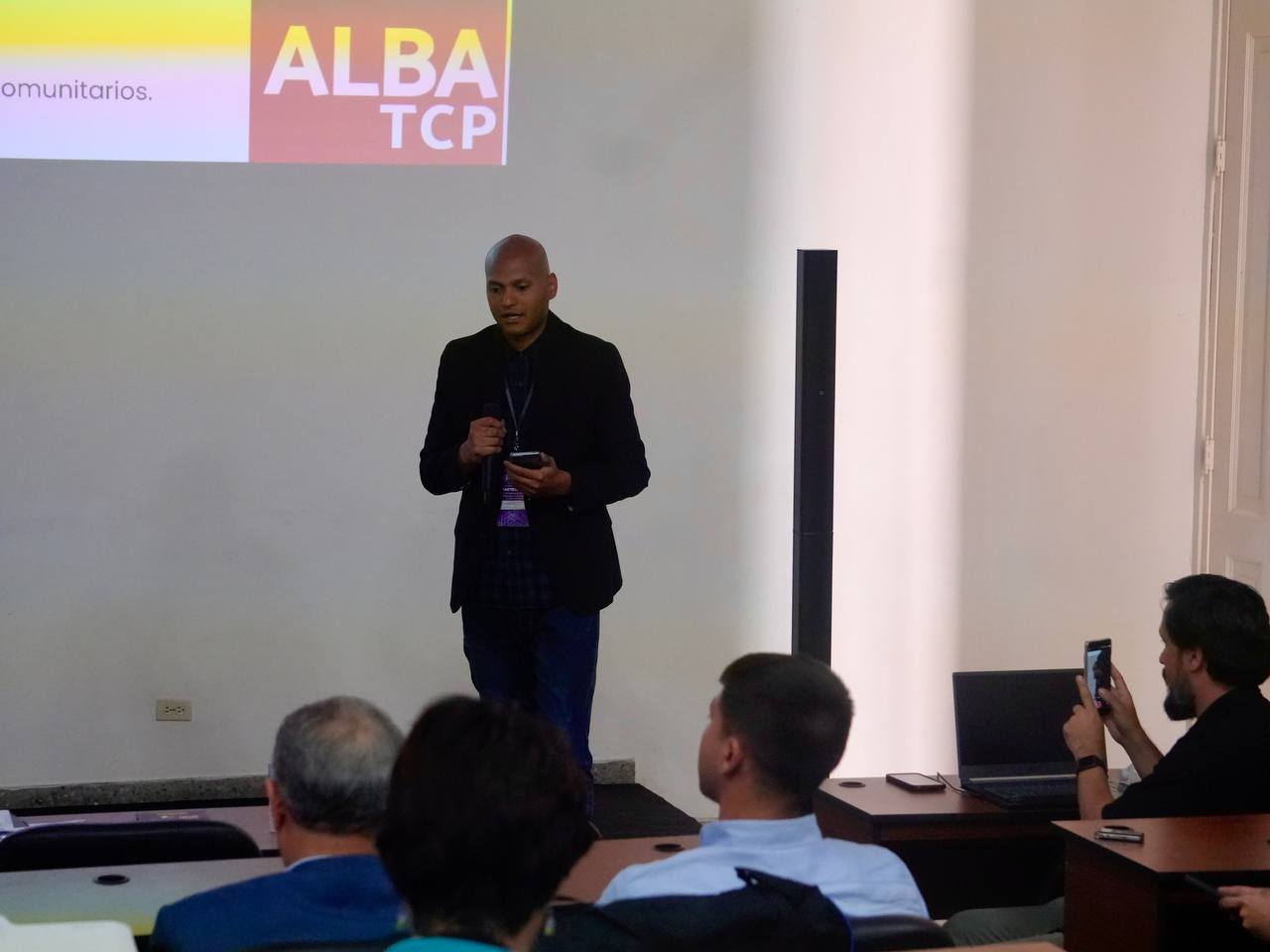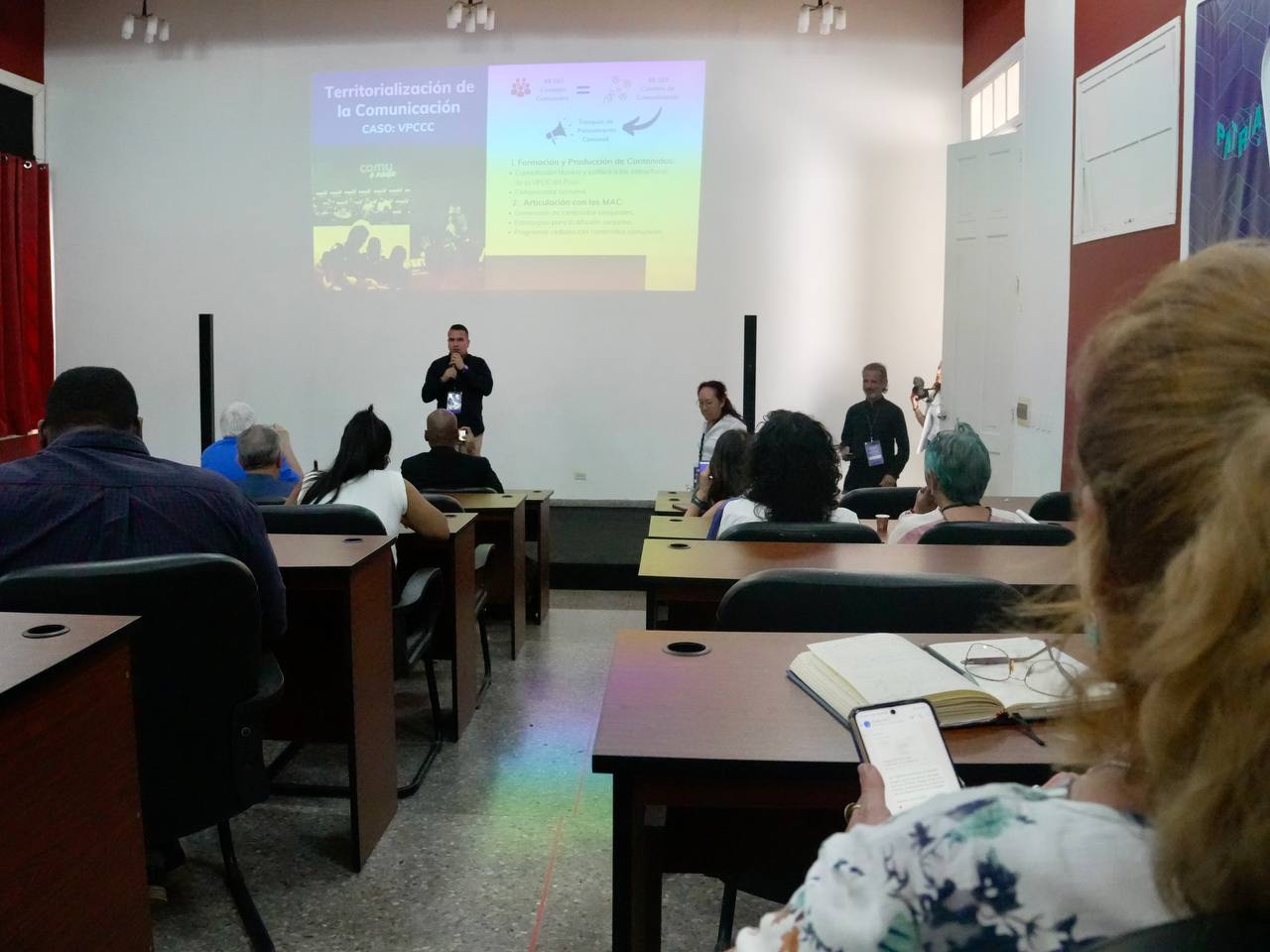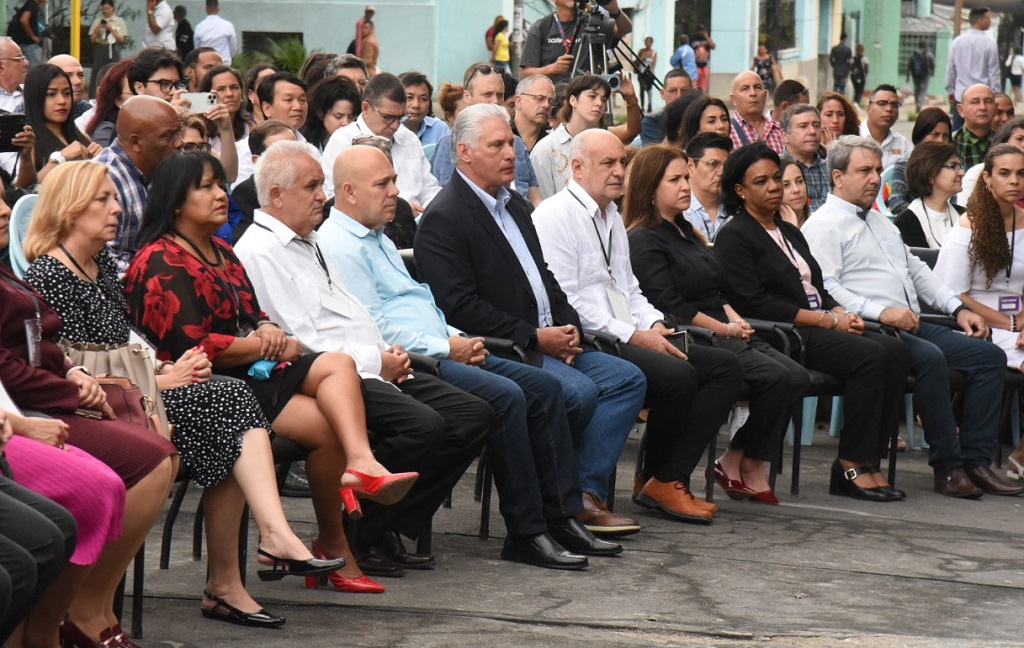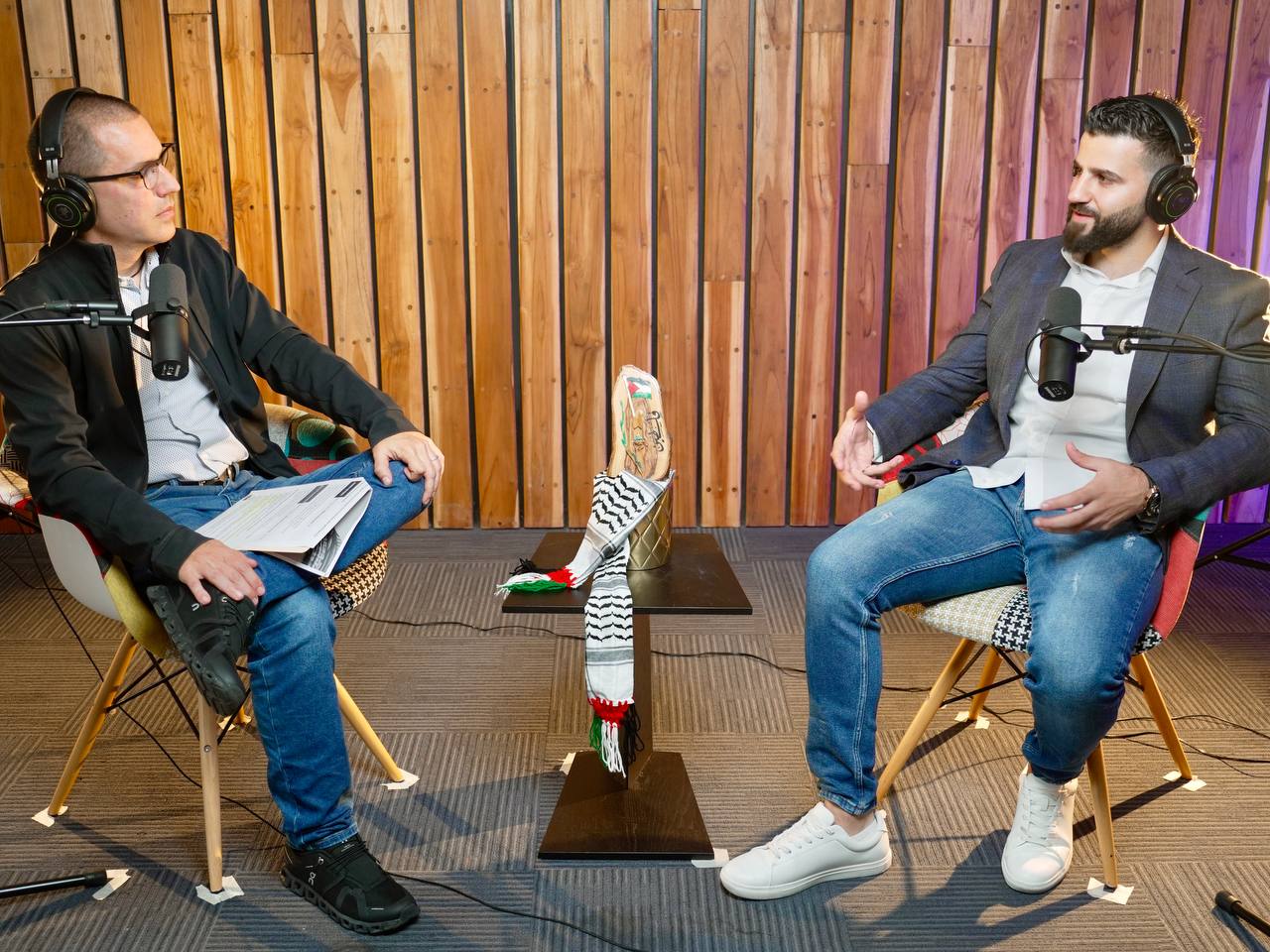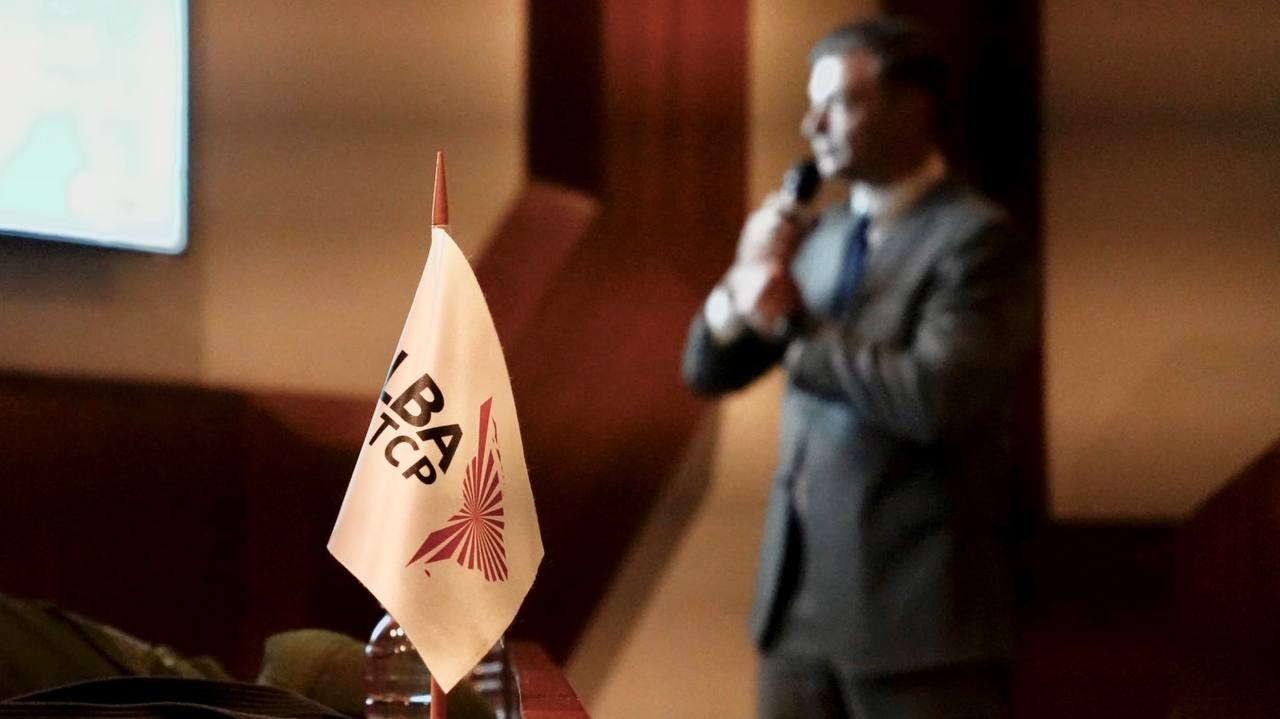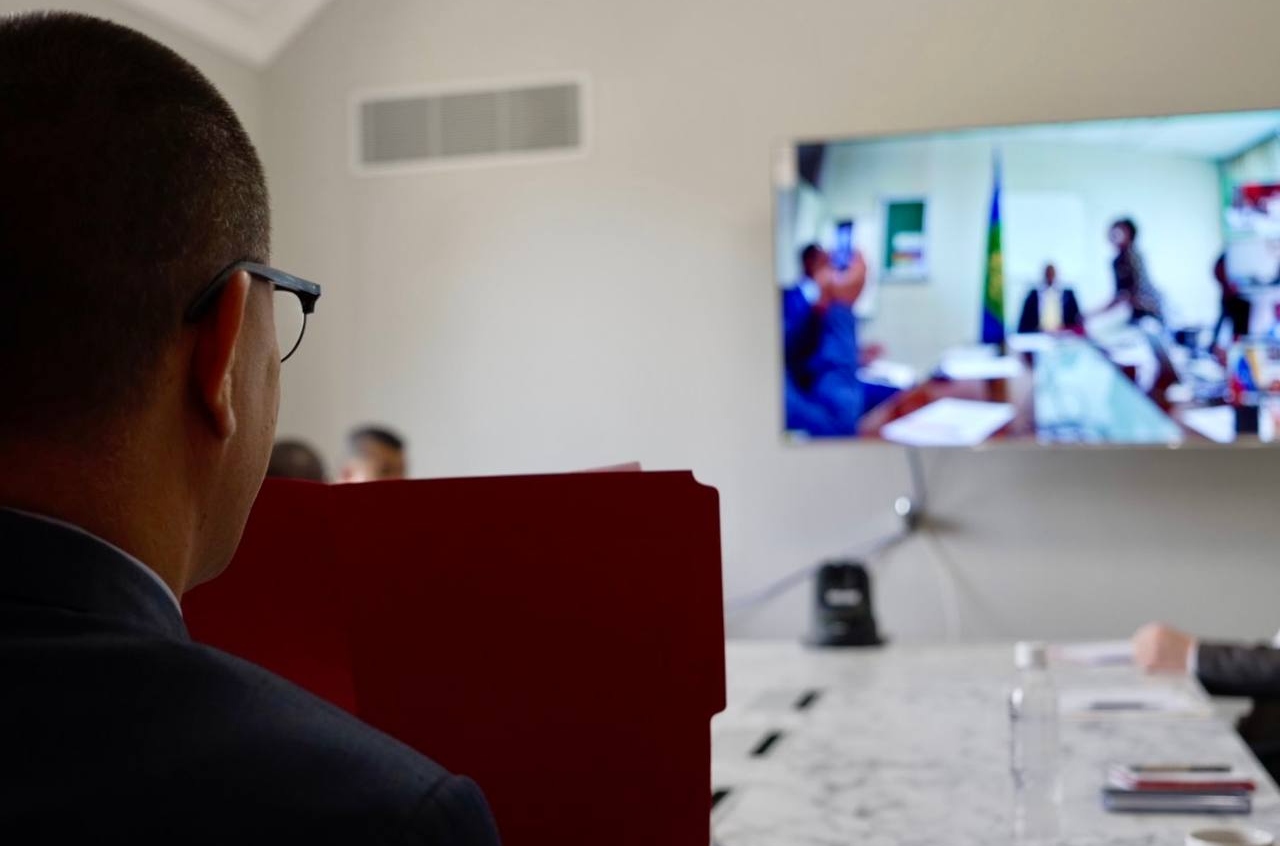Caracas, March 20, 2025. – The second session of the event “ALBA Has a Woman’s Name” opened this Thursday at Pdvsa La Estancia in Caracas, Venezuela, focusing on current challenges to gender equality.
Speaker Gisela Jiménez, a member of the United Socialist Party of Venezuela (PSUV), highlighted the crucial role of women in the Bolivarian nation amid adversities such as the blockade and coercive measures imposed by the United States.
She emphasized that the women’s movement in Venezuela is democratic and advocates for a grassroots feminism that includes everyone. “We must see ourselves as equals (…). We need laws that mandate political parity, and this must be enforced (…),” she stated, while calling for the unity of women across Latin America and the Caribbean to fight against fascism and misogyny and establish the Women’s Chapter of the Anti-Fascist International.
Mental Health
Meanwhile, Isis Ochoa, president of the Foundation for the Growth and Development of the Population (Fundacredesa), addressed gender-based violence and policies on care and mental health.
Ochoa warned that the patriarchal system is inherently violent and negatively impacts women’s mental health, especially within a capitalist framework that “makes us recipients of violence (…). We must approach mental health through a systemic lens.”
She noted that the care economy is an emerging topic in the Global South, highlighting the need to redefine gender roles in household responsibilities.
According to Ochoa, women must recognize their emotions, identify their feelings, and become literate in mental health issues to drive a collective struggle capable of transforming the system’s violent outlook.
Feminist Action and Workplace Equality
Isbemar Jiménez, Deputy Minister for Communicational Management at Mippci, stressed that women’s mobilization in today’s geopolitical landscape is a priority. “Women’s role is not decorative. Historically, we had two roles: wielding arms and controlling information,” she stated.
The deputy minister called for the creation of a liberating narrative to support the feminist struggle in Venezuela and the region. “We must recognize and continue our historical fight.”
Finally, Maigualida Vargas, president of the Nevado Mission, asserted that economic emancipation allows women to reach their full potential. In this regard, she defended workplace equality and female leadership throughout the region.
